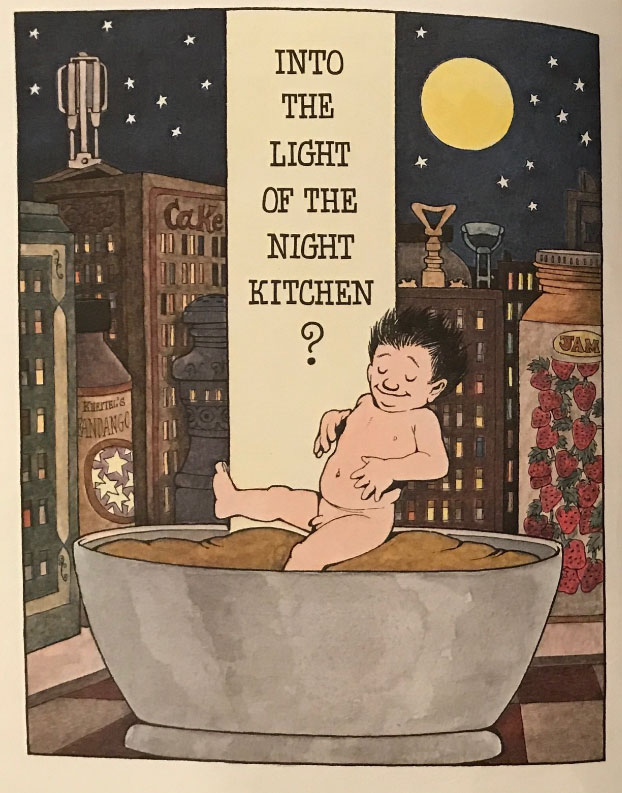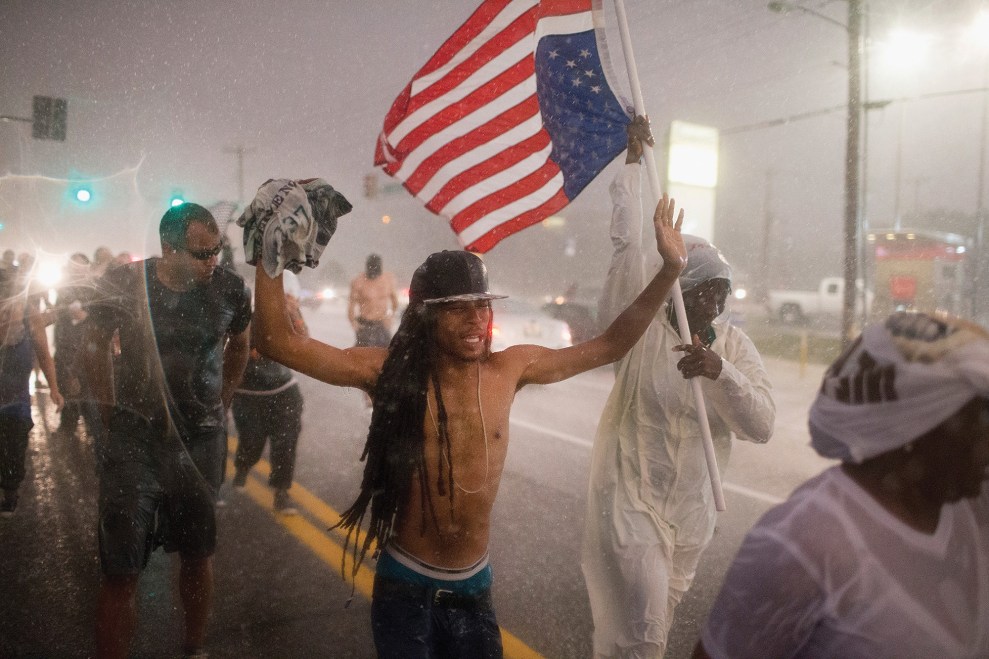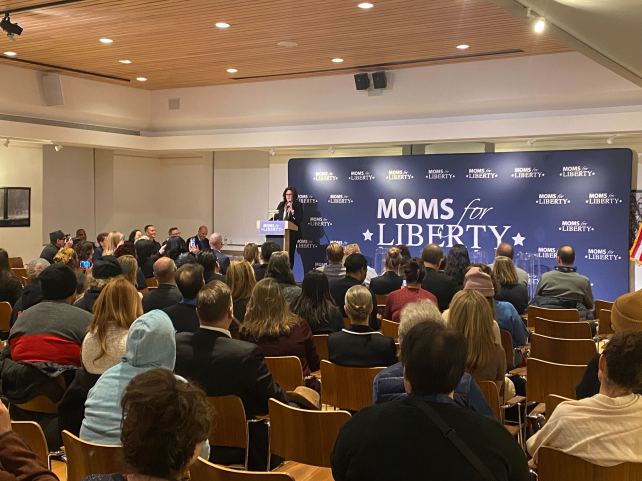This story was originally published on Judd Legum’s Substack, Popular Information, to which you can subscribe here.
Since its initial publication in 1970, millions of children have read In the Night Kitchen, the classic picture book by celebrated author Maurice Sendak. The book is about a young boy who has a surreal dream about baking a cake that needs to be finished by morning. It was named a Caldecott Honor Book, one of the most prestigious awards in children’s literature.
At least two copies of In the Night Kitchen are available in elementary school libraries in Indian River County, Florida. This concerned Jennifer Pippin, the chair of the local Moms for Liberty chapter, because the main character, Mickey, is sometimes depicted without clothes. In an interview, Pippin told Popular Information that she believes the book may be “harmful to minors.” She was worried that if a “5-year-old picks up this book and has never seen a picture of a penis… [t]he parent wouldn’t be able to discuss this with the child.” This is an example of one of the offending images:
Pippin submitted formal challenges to the Indian River County School District seeking the removal of In the Night Kitchen, which she calls “pornographic.” Pippin challenged other books with drawings of figures without clothes, including Unicorns Are the Worst, a book about a goblin complaining about how much people like unicorns. The concern about Unicorns Are The Worst is this picture of a goblin’s butt:
Following Pippin’s challenges, which occurred in November and December of 2023, the books were removed from the library shelves.
Copyright
© Mother Jones




